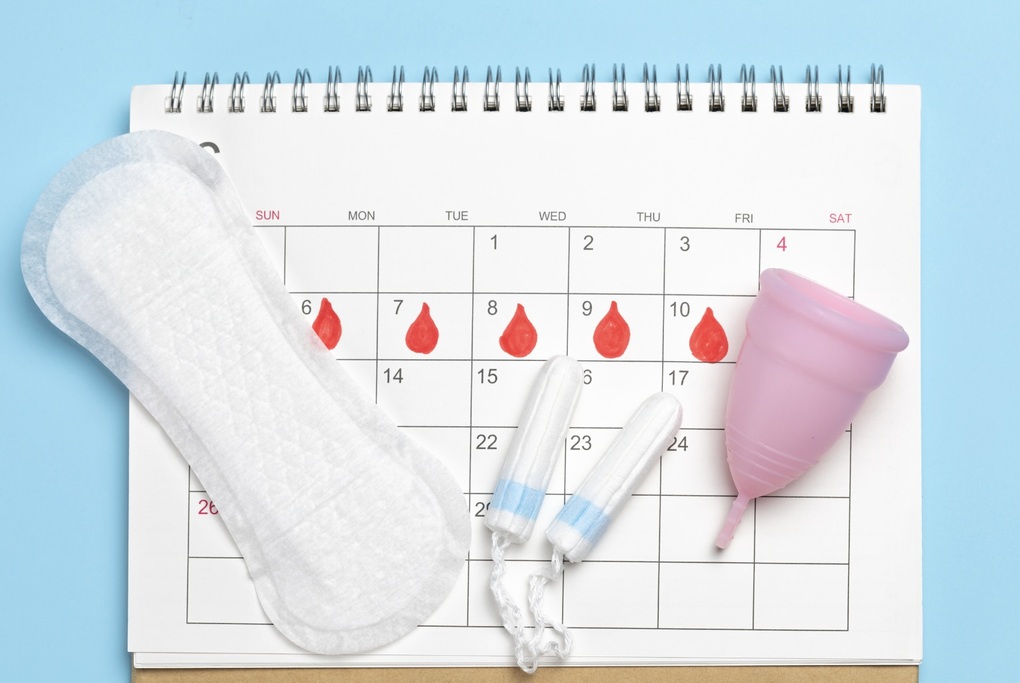While indicators such as BMI, blood pressure, and cholesterol are regularly monitored, data on menstrual cycles, including length, regularity, blood volume, and duration of menstruation... are often overlooked.
However, according to the journal Obstetrics, Gynecology and Women's Health The Lancet , the lack of these data is leading to inaccurate diagnoses, posing many risks to women's health.
Seemingly normal symptoms such as menstrual cramps, light or heavy periods, can be warning signs of many serious diseases such as diabetes, thyroid disorders, polycystic ovary syndrome, rheumatoid arthritis or irritable bowel syndrome.

Menstrual cycle data can provide important information in medical diagnosis and disease prevention in women (Illustration: Getty).
Alarming situation in the UK
A large-scale survey in the UK last April revealed an alarming situation: more than a quarter of women in the foggy country are facing serious reproductive health problems. Experts say this number is the result of shortcomings in the health system, from medical examination and treatment to research, making it difficult for women to access effective diagnosis and treatment.
Specifically, 19% of women surveyed said they had severe menstrual cramps in 2024, 40% experienced heavy menstrual bleeding. In particular, more than 30% of people aged 16-24 reported severe menstrual cramps.
Last year, the Women and Equalities Committee presented a report to the British Parliament , emphasizing that the neglect of gynaecological conditions in medical examination and treatment is the cause of many gynaecological diseases and seriously affects reproductive health.
Call for change in healthcare
Dr. Ranee Thakar, President of the Royal College of Obstetricians and Gynaecologists (UK), affirmed: "The above report points out the problems of the system, activities... in the unequal health sector that prevent women from receiving the care they deserve."
The authors of the study in The Lancet concluded: “Menstrual cycle is an underutilized data for medical research in general and gynecological health in particular. This is an important sign in diagnosis, providing important information for monitoring, clinical treatment, screening, screening and care, prevention of gynecological diseases.”

Researchers say menstrual cycle data should be considered as important as BMI, blood pressure... (Illustration: Getty).
“Recognizing menstrual cycle data as an essential indicator will help research in related fields and enhance the effectiveness of medical diagnosis and treatment,” he added.
Nowadays, many applications and devices have been developed to track menstrual cycles and predict health. However, users and authorities are still concerned that personal information and health data can be misused for commercial purposes instead of improving public health.
Source: https://dantri.com.vn/khoa-hoc/khoa-hoc-vua-chi-ra-1-chi-so-rat-quan-trong-voi-suc-khoe-phu-nu-20250730102645543.htm



































































![[Infographic] Traditional friendship and good cooperation between Vietnam and Egypt](https://vphoto.vietnam.vn/thumb/402x226/vietnam/resource/IMAGE/2025/8/4/9a2112b4046e4c128fdcb5403489866a)

































Comment (0)